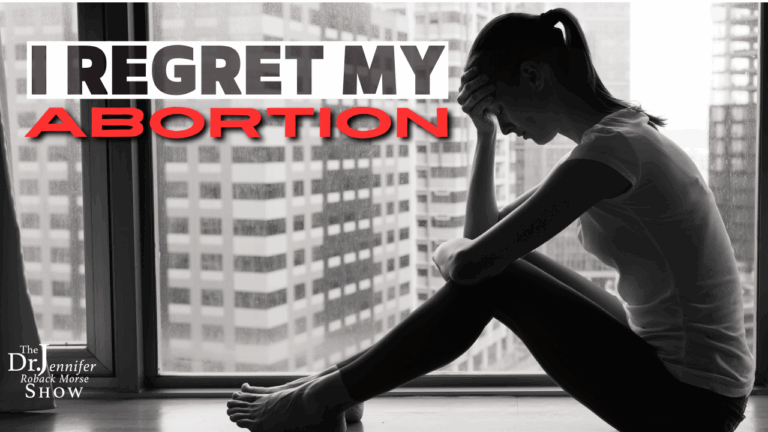Testimony for Texas Bill Repealing Unilateral Divorce
House Bill 3188 filed by Representative Matthew Krause
Jennifer Roback Morse Ph.D.
April 26, 2021
I support the repeal of unilateral no-fault divorce. The public mistakenly believes that “no-fault” divorce means that two sensible people can dissolve
their marriage, by mutual agreement, without a finding of fault. In reality, only about a quarter of divorces take place by mutual consent. This fact,
not widely studied or appreciated, means that roughly 75% of divorces take place against the will of one of the parties.
This fact has the following consequences:
- The most basic terms of the marriage contract can be violated without penalty.
- Since there are no “marital faults,” adultery is not a “marital fault.” Therefore, an adulterous spouse can unilaterally end the marriage and have
the legal right to contract another marriage with his or her paramour. The law supports the guilty spouse against the innocent spouse. - Marriage has been redefined from being presumptively permanent and sexually exclusive to being neither permanent nor sexually exclusive.
- One party can drag the other party into court and have the assets of the family subject to division by the State.
- The division of custody of children comes under the jurisdiction and control of the State.
- The forced division of financial assets and child custody amounts to a serious penalty imposed by the State on a law-abiding citizen, simply at the
request of their spouse.
The losses to children from divorce are staggering and well-documented. One survey of the literature cataloging the harms to children from divorce includes
more than 300 footnotes. Another 25-year study shows that far from kids “getting over it,” the harms from divorce “crescendo” during adolescence and
young adulthood. A few highlights from these surveys include these losses for children:
- Diminished academic performance, including poorer grades and lower overall educational attainment.
- Diminished mental and physical health outcomes, including greater likelihood of drug abuse and suicide.
- Loss of stability of their relationships with their parents and their living arrangements.
- Loss of their sense of identity and belonging.
- Inability to trust.
- Compromised ability to form stable and satisfying love relationships of their own.
These considerations lead me to support an end to unilateral no-fault divorce. No citizen should have the right to unilaterally inflict costs of this magnitude
on their spouse and children without a finding of fault. No government should have a policy of always taking sides with the party who wants the marriage
the least.
Through unilateral divorce, the legal system incentivizes disloyalty. This policy is unworthy of a free people and a great nation.
Dr. Morse’s Qualifications:
- Taught economics at Yale and George Mason Universities for 15 years.
- Author of six books on marriage, family and human sexuality.
- Writings translated into Spanish, Chinese, Korean, Polish and Chuukese, the native language of the Micronesian Islands.
- Named one of the “Catholic Stars of 2013” on a list that included Pope Francis and Pope Benedict XVI.
- Campaign spokeswoman for California’s Proposition 8 in 2008.
- Founder and President, The Ruth Institute, an international interfaith coalition to defend the family.
References:
Mark Regnerus, Cheap Sex: The Transformation of Men, Marriage, and Monogamy, (New York: Oxford University Press, 2017), pg. 160-161, Figure
5.2, reports on a survey of 3,900 divorces, asking which party wanted the divorce. Only 27% of men and 24% of women said: “We both wanted it to end.”
This is the only survey of which I am aware that even asks the question about mutual consent to divorce.
Patrick F. Fagan and Aaron Churchill, “The Effects of Divorce on Children,” Marriage and Religion Research Institute, Research Summary, January 11, 2012.
This comprehensive 48-page survey contains over 300 footnotes.
Judith Wallerstein, Julia Lewis, and Sandra Blakeslee, The Unexpected Legacy of Divorce: The 25 Year Landmark Study, (New York: Hyperion,
2000.)



